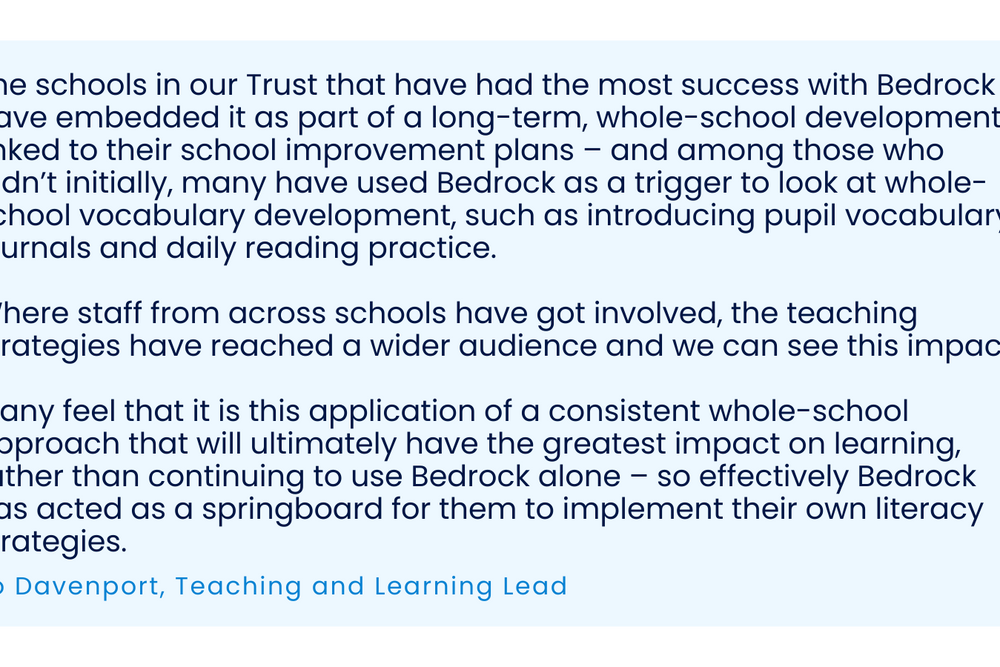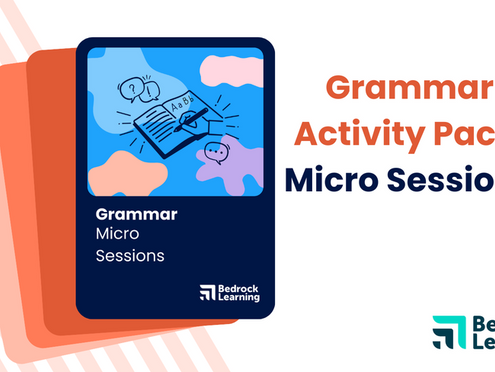These benefits aren't confined to just the English classroom. In every academic subject, teachers lead learners through new facts, information and terminology - every part of their learning is processed through the foundation of literacy.
However, a learner's ability to comprehend this new information depends on their prior knowledge of Tier 2 and Tier 3 vocabulary. Certain Tier 2 words, such as evaluate, compare and demonstrate, are used across the curriculum - if a learner doesn't understand one of them, they are unable to access large swathes of their learning.
But some terminology is more niche even than this, such as Tier 3 vocabulary. Tier 3 terms are specific to certain subjects, such as integer for maths or xylem in biology - not only does this make them harder to learn by context, as they do not have a pre-existing contextual link, but it also makes them much more crucial for a learner to know in order for them to access their education. This is why it's so important to teach Tier 3 vocabulary explicitly - but how can this be accomplished in a way that has real impact on literacy?
Explicit Tier 3 vocabulary teaching has to be whole school - all teachers teach on a foundation of literacy. The key to ensuring your curriculum-wide literacy improvement strategy is impactful is creating consistency across the curriculum.
We discussed this with one of our Bedrock users, Jo Davenport of James Montgomery Trust in South Yorkshire, and she confirmed:

Literacy across the curriculum
Ofsted’s Removing Barriers to Literacy report explains that literacy supports learning across the curriculum: “Pupils need vocabulary, expression and organisational control to cope with the cognitive demands of all subjects”. It concludes: “Literacy is a key issue regardless of the subject taught”.
Similarly, the Education Endowment Foundation's Improving Literacy in Secondary Schools notes, “By attending to the literacy demands of their subjects, teachers increase their students’ chance of success in their subjects. Secondary school teachers should ask not what they can do for literacy, but what literacy can do for them.”
This approach to promoting literacy across the curriculum links to one of the EEF's recommendations for improving literacy - disciplinary literacy.
Every teacher is a teacher of literacy, and every learner learns through literacy. If you want a literacy improvement strategy that sticks, it must be curriculum wide.




